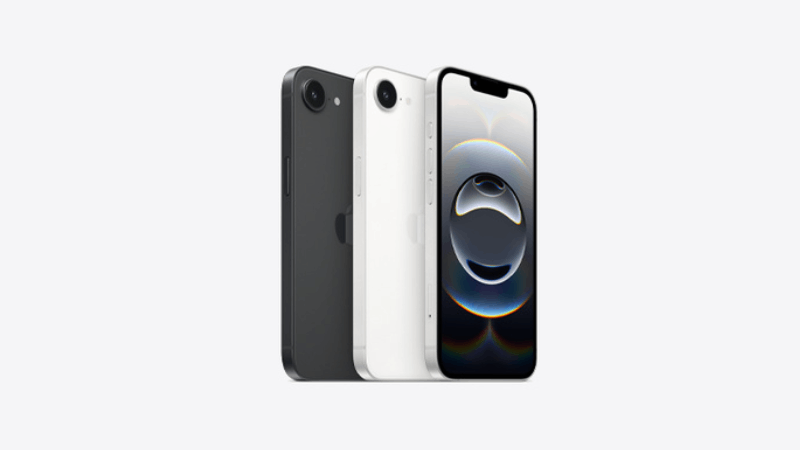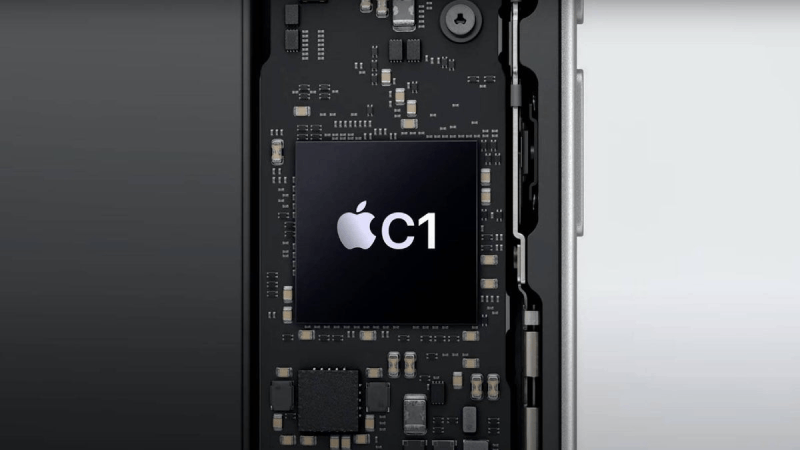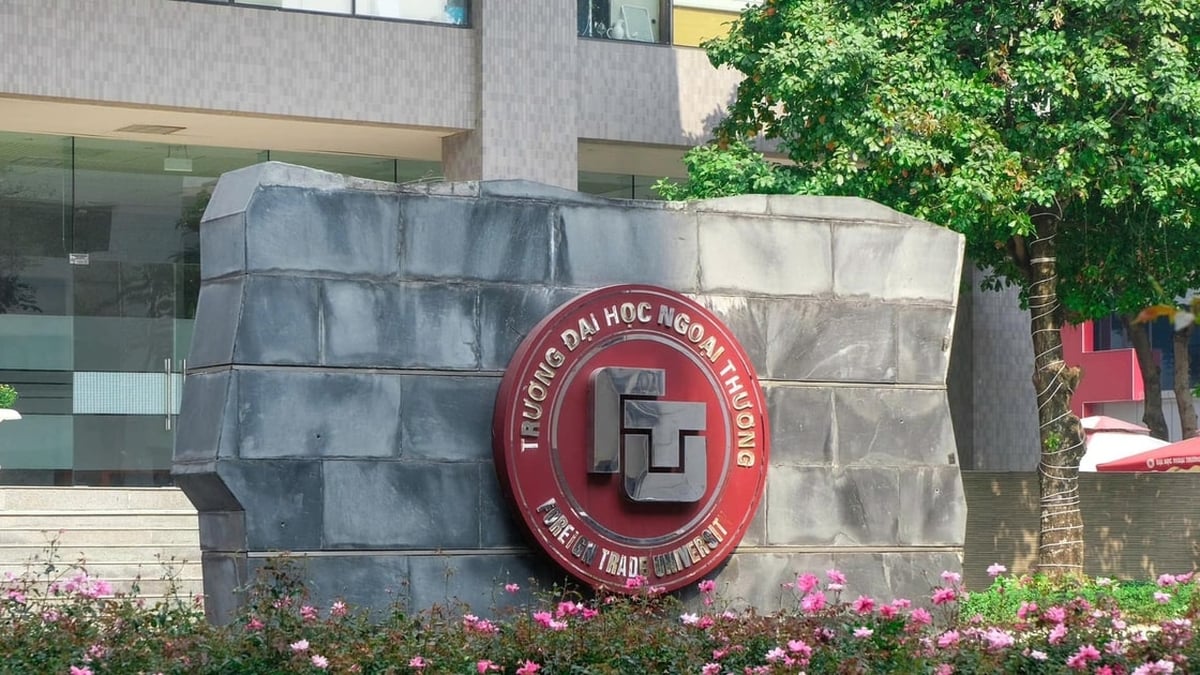 |
Apple first equipped the 5G C1 modem developed by the company on the iPhone 16e |
Apple has just introduced its self-developed 5G C1 modem with the iPhone 16e, promising optimal power saving and fast, stable 5G connection. This is a big step forward in the strategy of reducing dependence on Qualcomm, but there are still some limitations, especially the fact that this modem does not support mmWave - super fast network technology.
The iPhone 17 Air is also expected to feature the C1 modem to help the device achieve impressive thinness. However, due to the lack of mmWave support, many users question whether Apple will be able to apply this modem to the entire upcoming iPhone 17 line.
TF International analyst Ming-Chi Kuo predicts that the majority of the iPhone 17 lineup will continue to use Qualcomm's Snapdragon 5G modem, meaning the C1 modem will only appear on certain models, rather than becoming the standard across the entire new iPhone generation.
However, according to a report from The Information, Apple may be going in a different direction. Instead of continuing to work with Qualcomm, the company is expected to equip the remaining iPhone 17 models, except for the iPhone 17 Air, with MediaTek's 5G modems. If this comes to fruition, it will be the first time MediaTek has supplied modems for an iPhone, opening a new phase in Apple's supply chain.
Apple is planning to expand the use of the C1 5G modem next year. According to reports, at least one iPad model will be equipped with this modem, and the second generation of the C1 is expected to appear in the entire iPhone 18 line. This will be an important step, as Apple will not only be self-sufficient in modems but also significantly improve connection performance.
In the next generation, the C1 modem will add mmWave support, bringing download speeds to 6 Gbps. In addition, it is compatible with advanced technologies that carriers are deploying, providing a smoother and more stable connection experience. The addition of mmWave is an important factor, helping Apple compete with today's most advanced modems.
One of the notable upgrades of the new generation of modems is the ability to aggregate up to 6 bands (carrier aggregation). If connected to mmWave, this number can be expanded to 8 bands. Similar to the expansion of highways to increase traffic and speed, this technology will significantly improve data transmission speed on iPhone.
Technically, Apple's new generation C1 modem chip will use a 4nm baseband, combined with a 7nm transceiver to optimize performance and save energy. Currently, Apple has tested this modem with 180 carriers in 55 countries, showing readiness for widespread deployment in the near future.
Apple's 5G Modem Will Be More Powerful Than Qualcomm's by 2027
Apple is working on upgrading the 5G C1 modem by integrating it with satellite networks, expanding connectivity even in areas without cellular coverage. With this approach, iPhones can send messages and make voice calls without relying entirely on traditional network infrastructure. Taking advantage of satellite technology promises to bring a more secure and stable communication solution, especially in emergency situations or in remote areas.
Apple is also aiming to merge the 5G modem with the main processor, creating a powerful and flexible integrated mobile component. This approach helps optimize performance, reduce energy consumption and enhance AI processing capabilities right on the device. Combining two important components into a single chip not only makes the iPhone run more efficiently but also paves the way for breakthrough innovations in the future.
 |
Apple has high hopes for the 5G C1 modem. |
The technology company is placing high expectations on the C1 modem, seeing it as a strategic move to build a complete hardware ecosystem, reducing its dependence on outside suppliers. By developing its own core technology, Apple can better control factors related to security, performance, and compatibility with products in its ecosystem.
Johny Srouji, Apple's senior vice president of hardware technologies, said that C1 is one of the most complex technologies Apple has ever designed. With strong advances in telecommunications and artificial intelligence, Apple is reshaping the way mobile devices connect and communicate in a new technological era.
Apple is gradually moving away from its dependence on Qualcomm for 5G modems, ushering in a new era with its own C1 modem chip. The iPhone 17 Air is expected to be the next model to use the C1 modem, while the remaining iPhone 17 versions may switch to MediaTek's 5G modem. This is a notable change, reflecting Apple's long-term strategy to completely master hardware technology.
In 2026, Apple will continue to upgrade its technology with the second generation of the C1 modem, which is expected to be integrated into all new iPhone models. This improved version will help optimize connection speeds, improve performance, and enhance compatibility with global 5G bands. Continuous investment in internal modem development shows that Apple is serious about building an independent telecommunications ecosystem, providing more stable performance without relying on external partners.
The decision to abandon Qualcomm modems not only helps Apple eliminate significant costs related to royalties and licensing fees, but also brings a big advantage in terms of technology control. By developing its own 5G modems, Apple can optimize the hardware design in its own direction, improve the integration between the modem and Apple Silicon processors, and enhance data security.
According to the annual roadmap, the iPhone 17 series will officially launch in September 2025. The product portfolio is expected to include the iPhone 17, iPhone 17 Pro, iPhone 17 Pro Max and iPhone 17 Air - an ultra-thin phone model that Apple expects to create a breakthrough in design. With major changes in mobile network technology, the new iPhone series promises to bring a stronger connection experience, while marking an important step forward in Apple's hardware development strategy.
Source: https://baoquocte.vn/chip-modem-5g-tren-iphone-17-lo-dien-voi-thong-tin-day-bat-ngo-305488.html


































































































Comment (0)